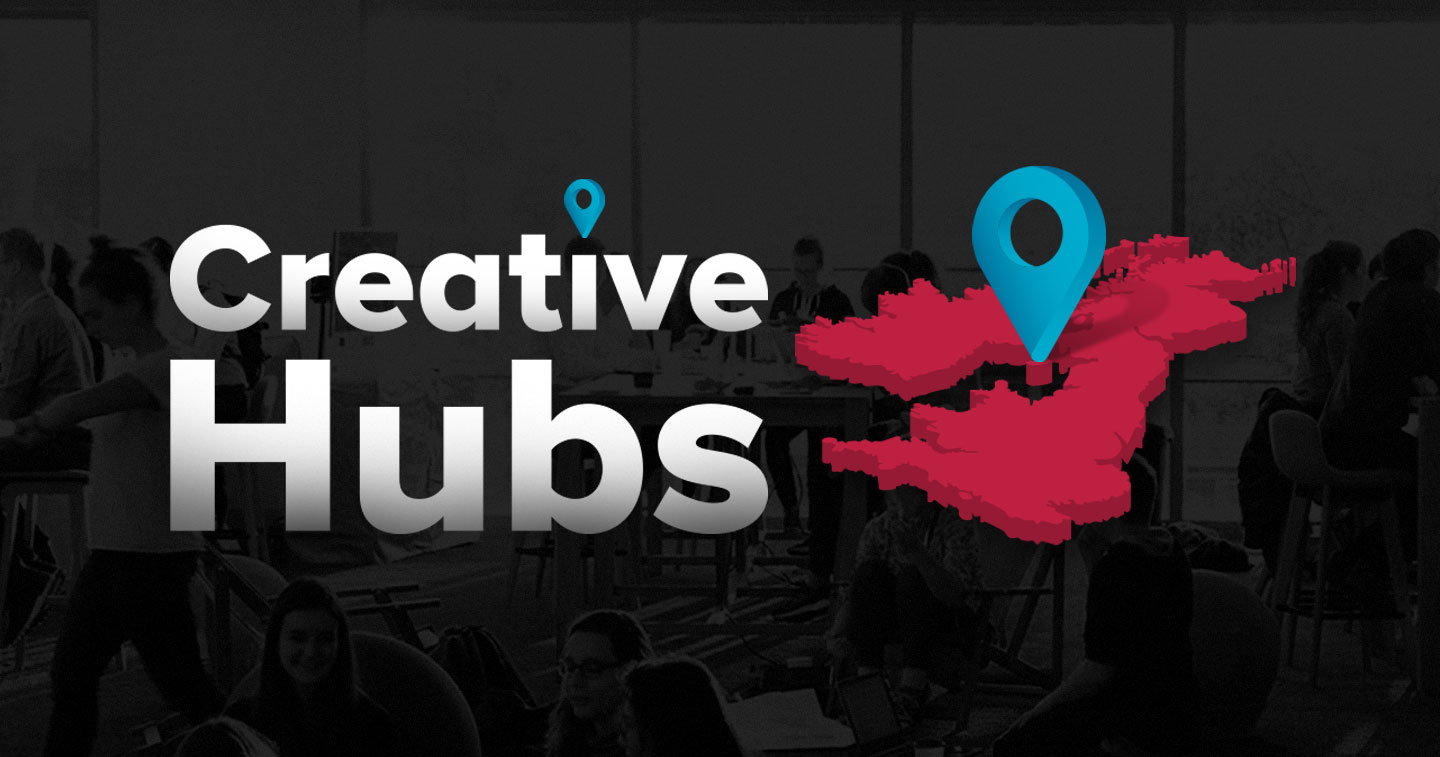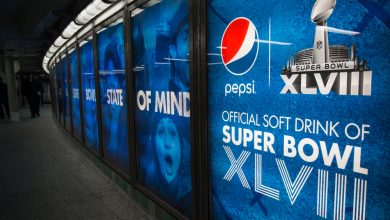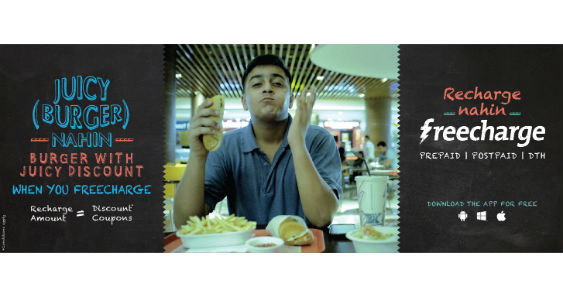Words by Yael Buencamino
In May of 2018, Angel Guerrero of adobo magazine, JP Deloso of ASPACE and I spent a week immersed in Creative Hubs in the United Kingdom along with about a dozen other hub managers from around Southeast Asia. The exposure to varied creative hub models in different cities, at different stages of development brought home the idea that each hub is a unique response to its context and the needs of its stakeholders.
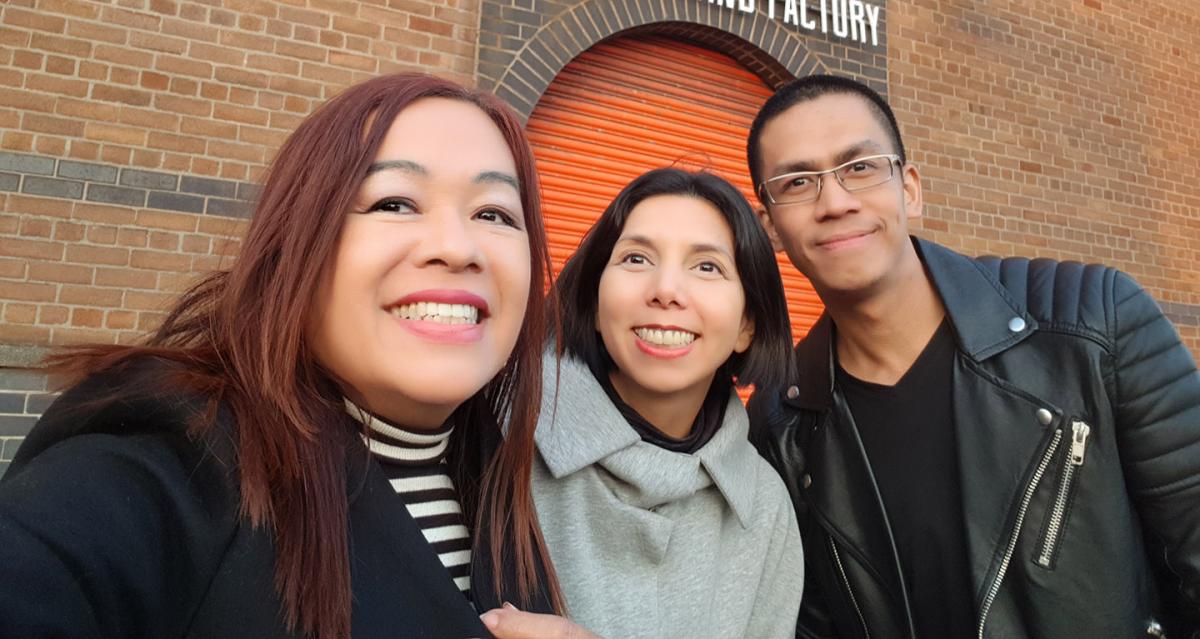
(Representing the Philippines at the UK Creative Hubs tour courtesy of the British Council are Angel Guerrero, Founder and EIC of adobo magazine, Yael A. Buencamino, Executive Director of Areté Ateneo de Manila University and JP Deloso, Associate Founder of ASpace)

Makerversity, London
Makerversity is a co-working space with both low tech (woodworking, sewing and things normally associated with crafts) and hi tech workshops (3d printers, laser cutters, milling machines and the like) operating on a membership model. As a hub it enables entrepreneurs who are just starting out, providing desks and office spaces at an excellent central London location within a vibrant complex with a museum, contemporary art spaces, studios, and restaurants. The workshops give people the opportunity to create prototypes and experiment with their production processes. Among the makers we met were the founder of Grafton Saddler, a company that makes bespoke bike seats so lovely that they look like shoes designs and the founder of Ultra IoT, a tech company that explores the possibilities of the internet of things affecting behaviour and the environment.

Plexal, London
Plexal in East London is an enormous complex that was used as the headquarters for the international press during the London Olympics, in an area of London that saw rapid development as a result of that, it was the most corporate site we visited with cool interiors and playful touches in the vein of Google and FB complexes; and like them it is geared towards business. It has everything that a start up might need to get off the ground – a recruitment company, law firm, insurance, branding and marketing development, website design, secretarial services, accountants, funding partners, and a bank. There are of course spaces that can be rented out – desks, offices, gathering places and even spaces to be alone. This model seems ideal for government or institutions looking to redevelop or develop an area because it creates critical mass.

Institute of Making, London
Institute of Making is part the University College London and is exclusively for the use of UCL faculty and Students. While it is funded by the Engineering Department, it is interdisciplinary in its DNA. The directors are from Engineering, Fine arts and Design. It is an ideal makerspace for the the university because it enables people to visualise and create physical manifestations of their theories. What stood out for me, apart from the amazing products (we were shown a tile that had the properties of a ceramic tile that was actually made of coffee grounds) was the ethos of their makerspace : openness, curiosity and respect. These are ingredients that really set the stage for a creative, collaborative environment.

Birmingham Open Media, Birmingham
BOM (Birmingham Open Media) is co-working with studios that deliberately encourage the interaction of scientists, engineers and artists through residencies and fellowship programs that provide space, time and networks to develop exciting collaborations and test new ideas. They were remarkable for their focus on understanding diversity and encouraging inclusivity. They had a major autism program which involved autistic led autism training for staff, a Virtual Reality project developed by a couple of resident artists that created a VR environment to show notions of autistic beauty and the renovation of their hub to make it friendly to those with autism.

Friction Arts, Birmingham
Friction Arts founded by Sandra Hall about two decades ago was more akin to the artist run spaces that we have in the Philippines than a co-working or makerspace as we understand it. Friction arts is in her home but her projects go all the way to Africa and Scandinavia. All of them involve bringing together people and creating environments conducive for dialogue.
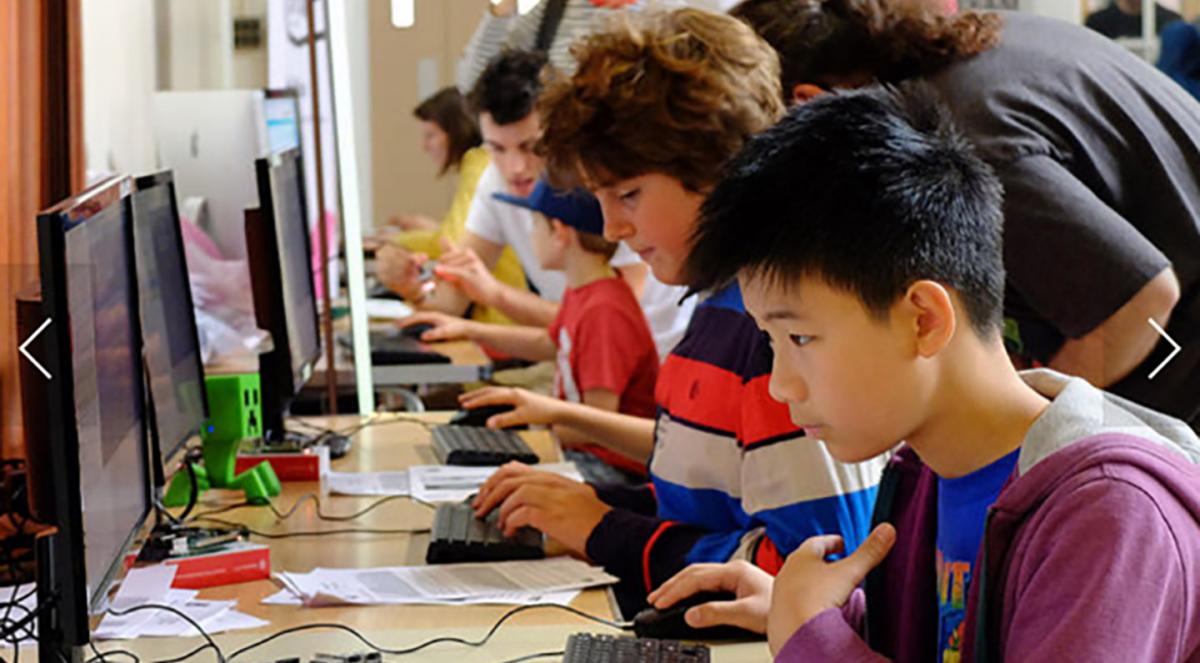
Madlabs, Manchester
Asa and Rachel, founders of Madlabs and our hosts in Manchester provided us with an excellent context of the historical role of creativity and learning in their city. They took us to one of the oldest libraries in England, walked us through a park where Alan Turing used to go and reminded us of the role that innovations from places like Manchester played in sparking the industrial revolution. While Madlabs had many of the elements that other hubs had, co-working and event spaces, lectures and workshops, what really stood out for me was their program that brought the labs out of their space and into the peripheries in order to expose kids to fun and exciting ways of engaging with Science, Technology, Engineering, Art and Math. The workshops are free for the kids and are facilitated by the maker members of Madlabs – it was a fascinating model of how strong communities built in creative hubs can come together to do outreach activities that make a lasting impact. It was a truly inspiring way to end a trip that was filled with learning and eye opening connections.
This article was published in the Creative Economy issue of adobo magazine. Catch up on your reading through its digital edition


